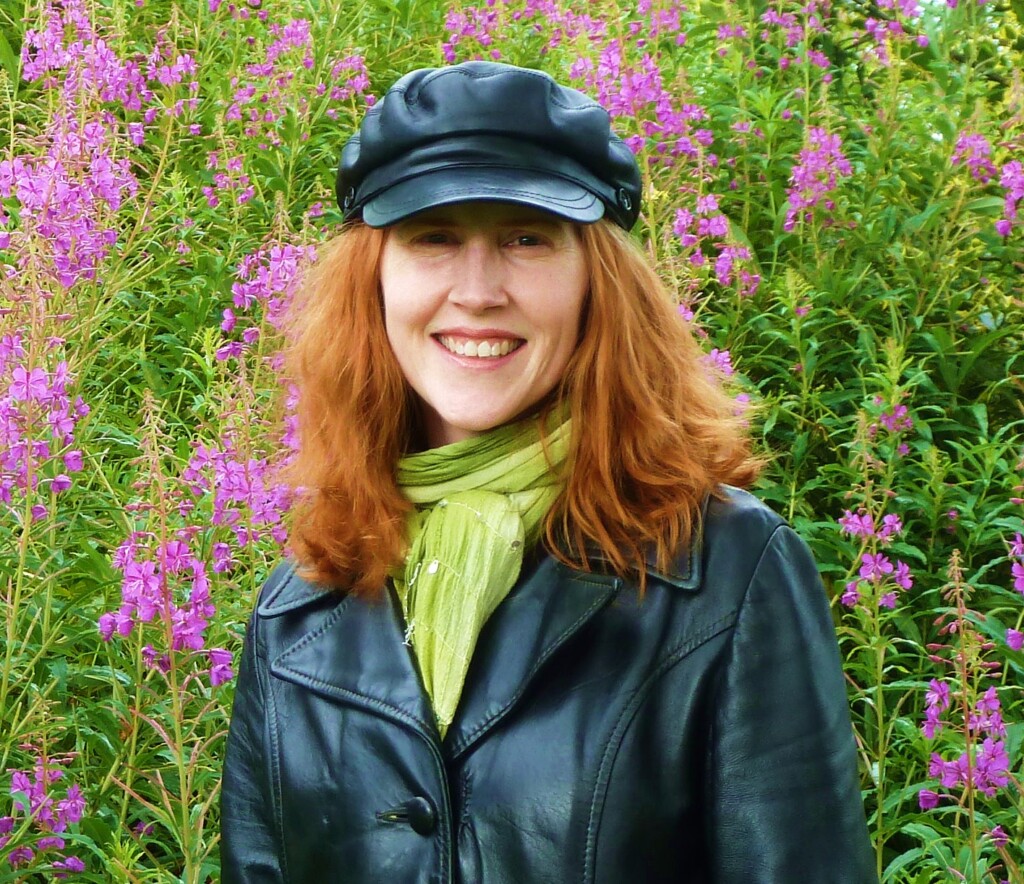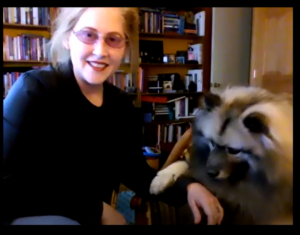Educator and Cheerleader: Dr. Brenda Llewellyn Ihssen
By Allyson Lessard '23
English and Philosophy Major
The COVID-19 pandemic is presenting itself to be a challenging time for educators, but experienced professors like Dr. Brenda Llewellyn Ihssen are facing this challenge head-on.
Dr. Llewellyn Ihssen is a professor in the religion department at Pacific Lutheran University and teaches classes in the university’s International Honors Program as well.
In the Spring of 2020, Dr. Llewellyn Ihssen was teaching two classes of Early Christian History. When the pandemic struck, Dr. Llewellyn Ihssen took her sixty students and moved them all to a distanced format immediately. Her main goals were to be in contact with students and to be extremely transparent during the entire process. This meant she took seriously the university’s concerns about what the pandemic would mean for classes, and gave her students plenty of warning before moving forward in a virtual format. She then took time to pre-record each lecture so that students could work asynchronously without having to use Zoom or other video platforms. She needed a system that worked for those students right then.
Dr. Llewellyn Ihssen was prepared to move online, as she is trained to teach online classes through PLU. Typically, she only teaches online during the summer months, instead of full time like she is now. For her, it has always been about accessibility.

“Education should not be available to only one segment of the population, and if we limit PLU to only in-person [learning] we are excluding deserving people from an accessible education,” she said. “Teaching online helped me to be a better educator even in an in-person format, and helped me to be able to provide as many educational options as possible for all students.”
In Fall 2020, Dr. Llewellyn Ihssen taught three sections of Early Christian History. Normally, students in Dr. Llewellyn Ihssen’s classes are placed into small cohorts, in which they are able to build mutual support. From what she learned during the Spring, the students who took the time to get to know each other did the best. Based on this, she decided to add a synchronous element to her classes. She felt this would help students connect in the virtual classroom. She uses Zoom’s breakout rooms feature, which allows small groups of students to talk with each other outside of the main session. She continues to work on ways to support what she calls “group solidarity,” which can be more challenging in the online format.

The pandemic has affected several scholarly projects Dr. Llewellyn Ihssen was working on, including a major translation project. It was difficult to work when libraries were shut down last summer, she mentioned, something both educators and students alike can agree on. She stated that the virtual world of the pandemic has been very frustrating and has impacted the lives of every educator, causing them to halt or have to find new ways to adapt projects and their work. Yet with a positive outlook and determination, she continues to work to accommodate and support her classes.
“I moved quickly from being an instructor to also being something of a cheerleader,” she said, “Because I realized that I needed to be more and bring more to my students. It is neither my natural nor standard role, but nothing about this is either natural or standard. For many of my students, my classes were the least important aspect of their lives, so providing content for them in an accessible, humane and positive way was essential for their wellbeing and success.”


